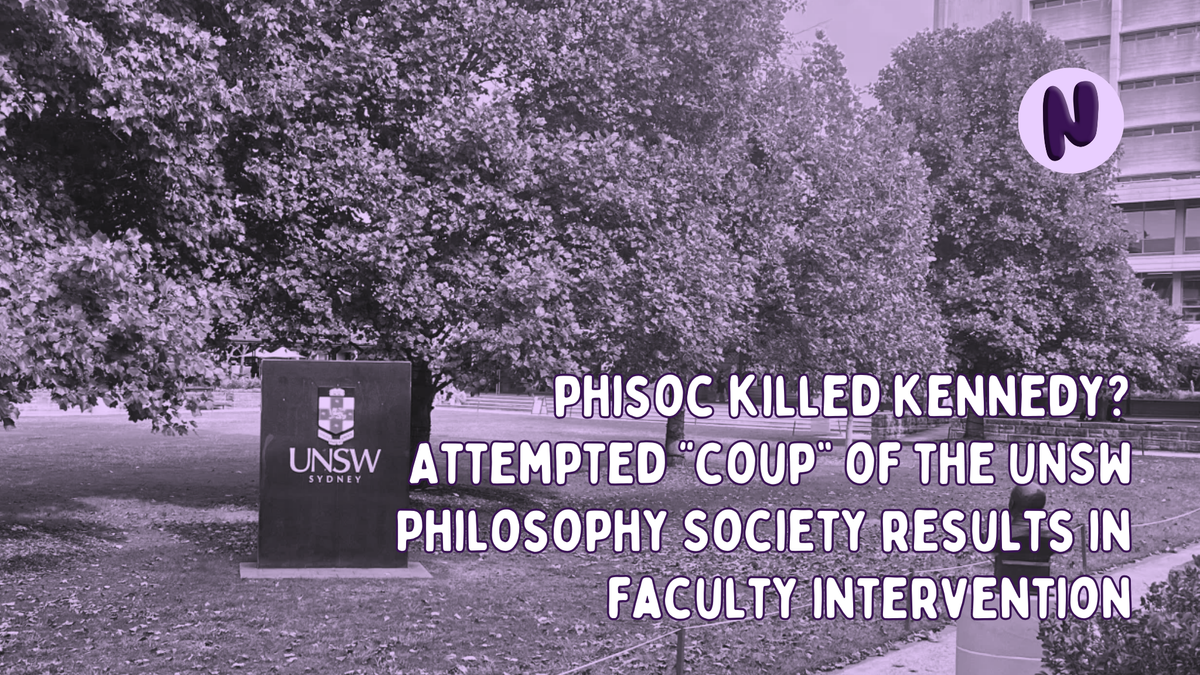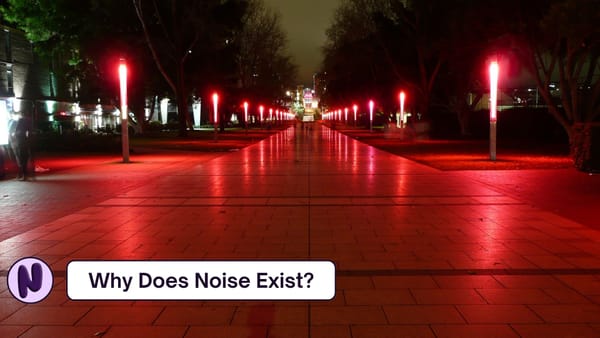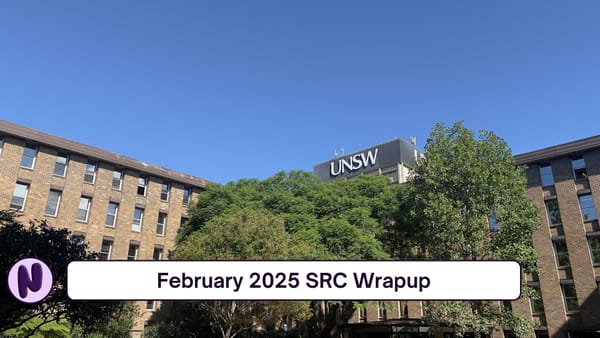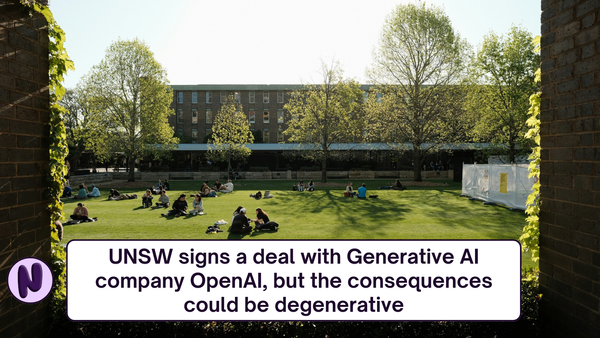PhiSoc Killed Kennedy?
Attempted “coup” of the UNSW Philosophy Society results in faculty intervention

On March 1st, the executives of UNSW’s Philosophy Society (PhiSoc) were served with a petition demanding an Extraordinary General Meeting to replace the current executive with a new team of students. The subsequent chain of events led to the intervention of Associate Professor James Phillips, who requested that Arc “investigate the legitimacy of this petition”.
The petition’s author, Gabriel Kennedy, aimed for a society focusing on debate, exploring the ideas of existing philosophers, and inviting famous professors to discuss their stances on modern topics, “based partly on the success of USYD’s Philosophy Society”. It was reported to Noise that a discussion between the petitioners and current executives was mediated by the Arc Clubs team, presumably with the intent of an amicable conclusion, prior to the first petition.
Due to the original petition being invalid, Gabriel sent in a second petition, which resulted in a Facebook post from the current exec, stating that they had attempted to work with Gabriel through existing channels, including encouraging him to apply for open exec or subcommittee positions, which they claim he did not engage with. Gabriel claims he engaged with the current executive and explained his ambitions for the society to them.


The petitions sent to the PhiSoc executive. zIDs and Signatures have been censored by the Noise team for the privacy of the signatories.
Both versions of the petition applied a rarely-used component of all Arc-affiliated societies’ constitutions, which enables a group of 15 members (or half of the club, whichever is fewer) to demand an EGM from the society’s executive. Using this clause, the petitioners proposed motions to remove the club's president, vice president, and secretary. Additionally, the petitioners aimed to remove the clause of the PhiSoc constitution that they were using to conduct this EGM “So that if [their] change of leadership were successful it may last more than a month” ie; to avoid the incumbent executive attempting to reverse the EGM vote. The Noise team understands that this would make the society no longer compliant with Arc’s regulations for clubs, meaning that PhiSoc would lose funding, resources (including the ability to make room bookings), and the ability to apply for grants from Arc if this change had gone through.
The influence of Associate Professor James Phillips on the outcome of the EGM is unclear. After being informed of the petition by PhiSoc’s current vice president, the AP sent a letter of recommendation to Arc which was then provided to the society. He expressed his “support as Philosophy convenor for the existing executive of PhiSoc''. When asked for comment, Kennedy stated that the professor was “irrelevant to the matter”, and that the existing executive intended to use prior relationships with staff to maintain their seats. The Noise team is unaware of any previous incidents in which staff members have intervened in society elections.

In addition to the existing items put forward by the petitioners, a claim was made by the current executives against one of the petitioners, a former executive of the society, who allegedly accessed confidential executive emails after leaving their position, and harassed an executive during the Arc mediation, resulting in an additional item being added to the meeting’s agenda to terminate their membership.
A channel on the society’s discord server was also created to discuss the EGM. However, it is believed that this channel was either deleted after the EGM or that general members of the society no longer have access to it, as the Noise editors were unable to view the contents of the channel after beginning their investigation.
Ultimately, the petitioners were unsuccessful in their goals. All three motions to remove members of the executive failed, with ~56% of votes going against each motion. Additionally, the motion from the current executive to remove the former exec member passed, with ~53% of votes in favour of the motion. Notably, the majority of votes cast were proxy votes (i.e. members who had delegated their vote to someone in the room, rather than voting themselves), with 221 votes being counted despite approximately 50 people attending the meeting. The empty positions originally offered to the petitioners were also filled during this meeting, leaving the future direction of their initiative uncertain. Gabriel has since admitted defeat, and congratulated the current executive on their win.




The results of the EGM, posted to the PhiSoc Facebook Page.




